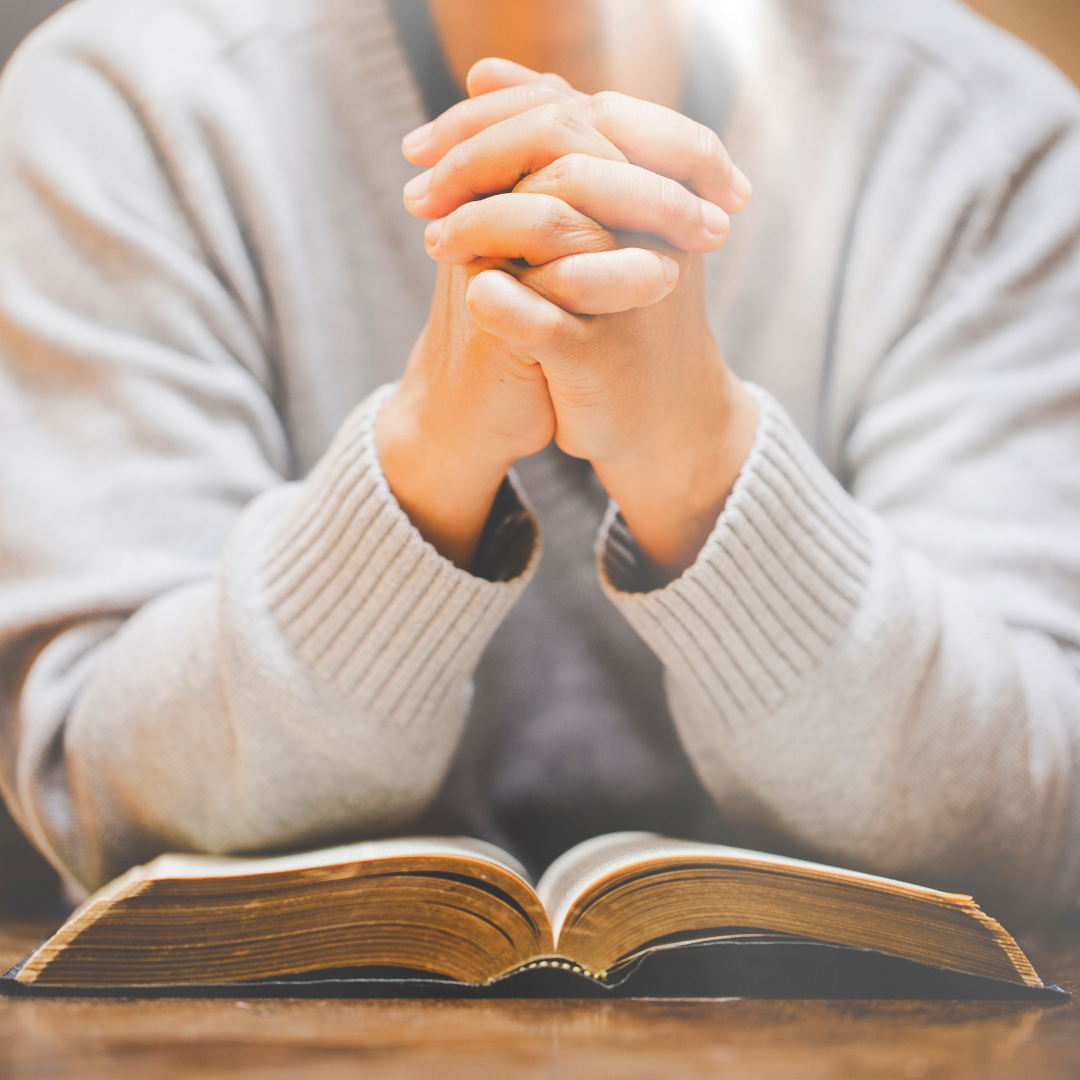
Examining the virtue of fortitude, Tina Mayeux shares ideas about how we can grow in courage in the face of difficulties.
There was a large sign on the wall of a gym I used to exercise at that reads, “This won’t get easier; you’ll get stronger.” Although the sign was intended to apply to the strengthening of muscle and the building up of endurance in fitness training, I think that this bit of wisdom can also relate to the spiritual life and life in general. As we grow older, life does not usually get easier. On the contrary, as we age, we often experience an increase in trials and difficulties. We endure hardships, illnesses, and loss, including the loss of our loved ones, which can cause pain and suffering and make life burdensome at times. Now that I'm fifty-something and not getting any younger, the message on the gym wall reminds me that, although the remainder of my years may not be carefree and without difficulties, I can be confident that Jesus will provide me with the strength necessary to face any storm that may come.
If you recall the darkest and most painful times of your life, chances are that you emerged from the period of suffering stronger and more resilient than before. In my own life, the times of intense suffering have purified me, solidified my faith, and bolstered my fortitude in the face of hardship. St. Paul even encourages us to embrace and be thankful for these sufferings and hard times when he writes,
Not only that, but we even boast of our afflictions, knowing that affliction produces endurance, and endurance, proven character, and proven character, hope, and hope does not disappoint, because the love of God has been poured out into our hearts through the holy Spirit that has been given to us. (Romans 5:3-5)
When we work out or exercise, we build up muscle and increase our physical strength and endurance. Similarly, when we accept and patiently endure trials and sufferings, we become stronger and more disposed to live holy lives. By our docile cooperation with all that God allows, we exercise the muscle of our will, uniting it with His will for us, and we grow in strength and courage.

Admittedly, this courage does not come nearly as easily for me as it seems it did for the saints and martyrs. Aware of my own weakness, the virtue of fortitude is one that I have been praying for recently. The Catechism defines fortitude as:
The moral virtue that ensures firmness in difficulties and constancy in the pursuit of the good. It strengthens the resolve to resist temptations and to overcome obstacles in the moral life. The virtue of fortitude enables one to conquer fear, even fear of death, and to face trials and persecutions. It disposes one even to renounce and sacrifice his life in defense of a just cause. (CCC 1808)
Though we may never be required to give our lives in defense of a just cause, we will certainly face trials and persecutions in this life. We all need fortitude to conquer fear and to endure the sufferings that come our way. What are some ways we can grow in this virtue and become courageous Christians who bear hardships bravely and witness to the faith fearlessly?
Ask for the virtue of fortitude.
Prayer, especially to the Holy Spirit, to obtain fortitude is where we can start when we seek to grow in courage and endurance. Jesus repeatedly urges us in Scripture to “fear not,” and we can be sure that He longs to give us this grace.
Accept suffering patiently.
When we are docile to the will of God in all things, even the most trying of circumstances and situations, we practice that “firmness in difficulties and constancy in the pursuit of the good” that the Catechism describes in its definition of fortitude.
Respond courageously to the promptings of the Holy Spirit.
It can be daunting to speak about our faith, especially in today’s world, which is often hostile to Christian ideas and values. However, when we step out of our comfort zone to witness to others, we are sure to grow in courage and fortitude, and it becomes easier to boldly share our faith with others.
Depend on Jesus.
The saints were able to demonstrate heroic virtue not because of their own strength, but because they depended entirely upon Jesus, who gave them the graces necessary to achieve sanctity. We cannot do it alone; we need Him to sustain us and transform us into His likeness so that we can someday merit heaven.
The virtue of fortitude, or courage, is one that I have always admired in the saints, but one that I unfortunately lack at times. It is amazing to me to reflect on how many of them approached sacrifice, and even death, with heroic courage and confidence. The saints and martyrs were successful during their lives in exercising the muscles of courage and strength through prayer, love of neighbor and of God, and obedience to His will for their lives. Realizing that growth in the virtues is often a long process and does not happen overnight, we can pray for an increase in fortitude and trust that it will be given to us in God’s time and through patient endurance.

Copyright 2023 Christina Mayeux
Images: Canva
About the Author

Tina Mayeux
Tina Mayeux is a wife, mother of three daughters, and lifetime Southerner. When she is not busy with her family, she writes in hopes of helping to share the joy of the gospel and Jesus Christ with others. She has contributed to Catholic Digest, Patheos, and The Real Deal of Parenting, and blogs on Substack. Follow her on Instagram @wayofthewildflowers.



.png?width=1806&height=731&name=CatholicMom_hcfm_logo1_pos_871c_2728c%20(002).png)
Comments